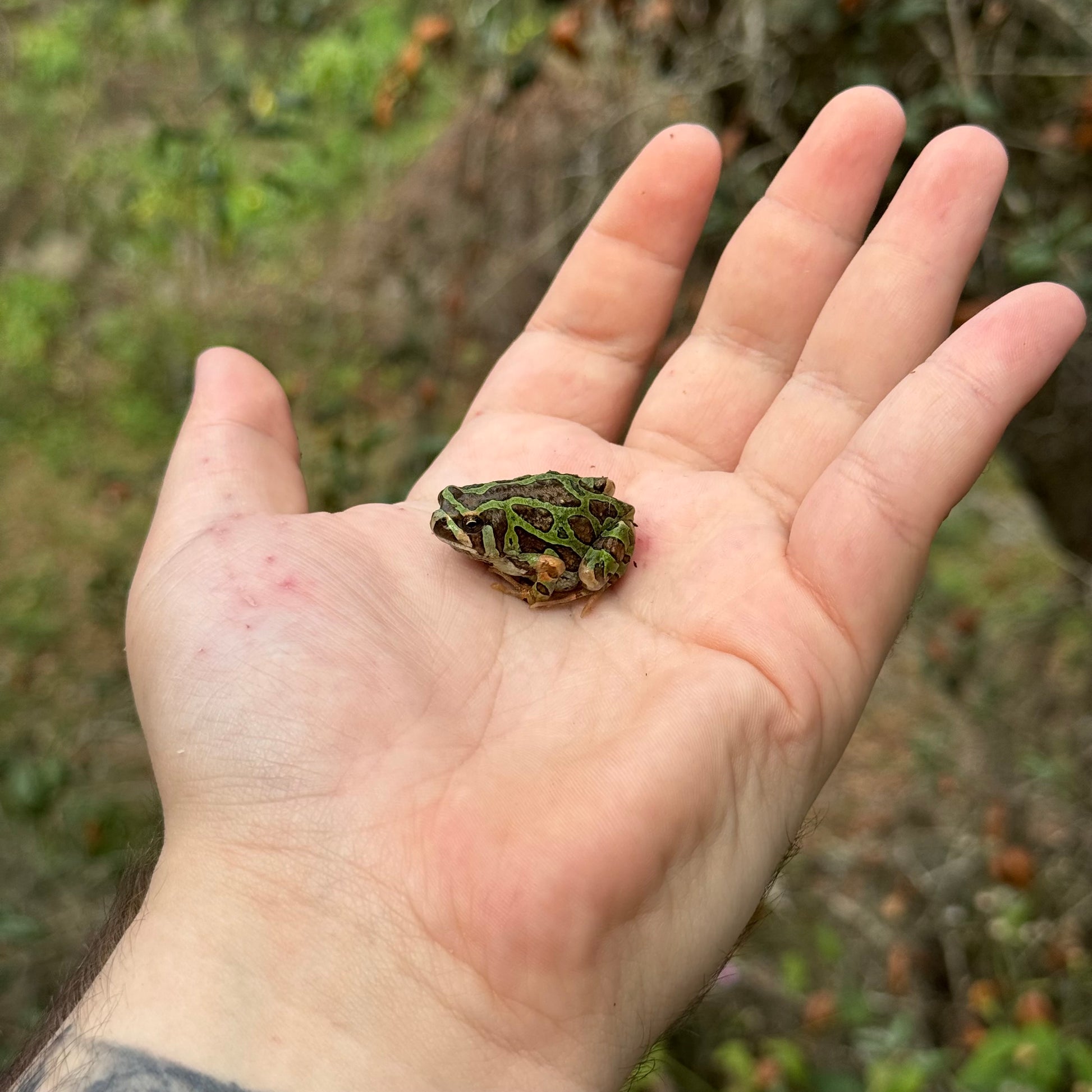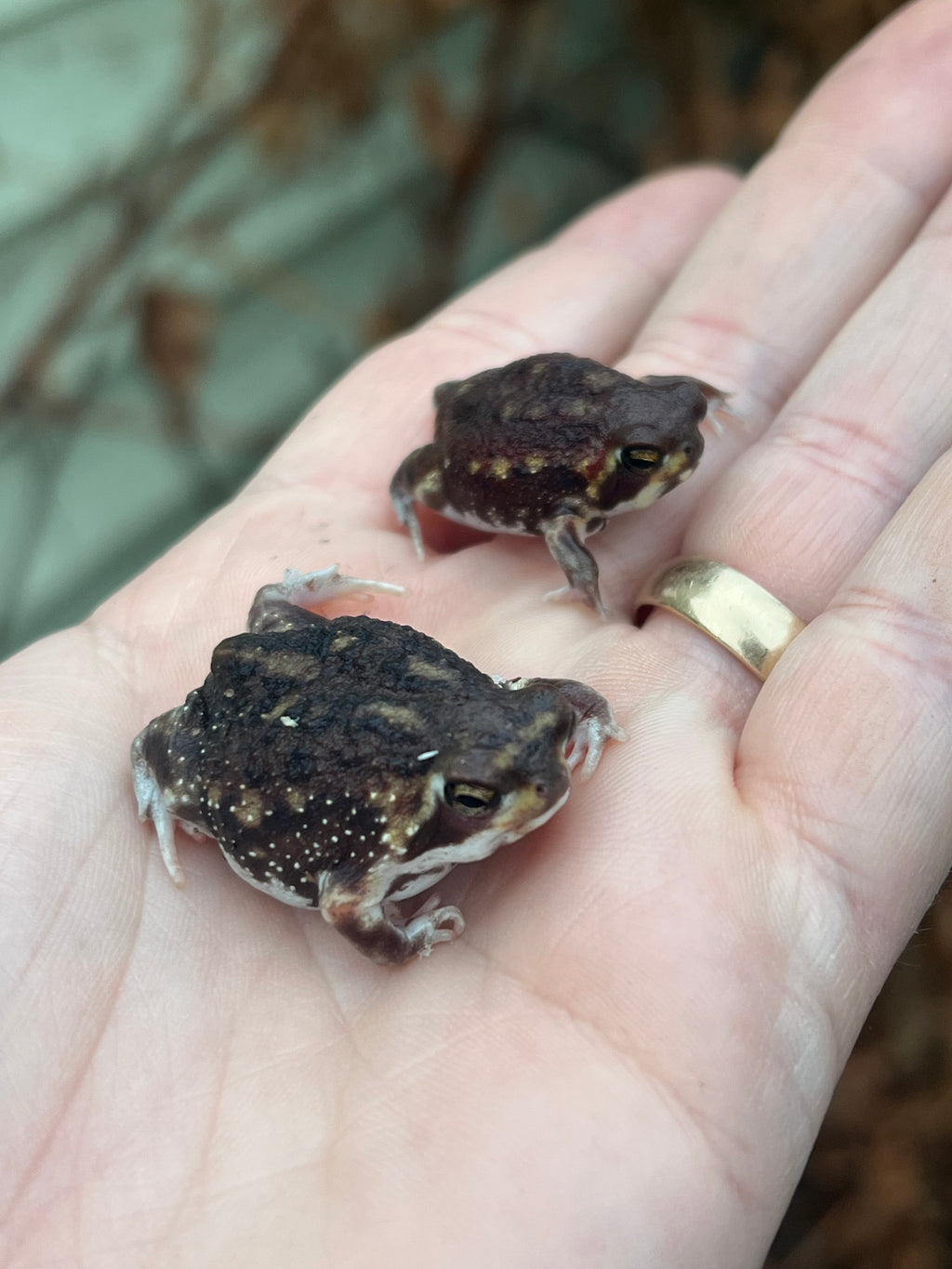Reveal Rare Rain Frog for Sale: Boost Your Amphibian Collection Today!
Wiki Article
Common Health Issues in Reptiles: Symptoms and Solutions
In the complex world of reptile treatment, understanding the typical health concerns that may impact these unique animals is critical in guaranteeing their well-being. Whether it's grappling with parasitic problems, navigating dehydration problems, or dealing with skin conditions that materialize in refined ways, being attuned to the signs and symptoms and geared up with the expertise of effective services is essential for any reptile proprietor.Respiratory System Infections
Respiratory infections in reptiles can considerably affect their general wellness and call for punctual focus from experienced veterinarians. These infections are typically brought on by germs, fungi, or infections and can show up through signs and symptoms such as hissing, nasal discharge, open-mouth breathing, and sleepiness. In reptiles, respiratory infections can be particularly challenging to detect and deal with because of their special composition and physiology. Veterinarians typically depend on a combination of physical exams, diagnostic imaging, and laboratory examinations to precisely identify the underlying reason for the infection.Therapy for respiratory infections in reptiles typically entails a mix of supportive treatment, such as preserving correct humidity levels and temperature gradients in the room, as well as targeted drug to attend to the specific virus accountable for the infection. It is crucial for reptile proprietors to monitor their family pets closely for any kind of indications of respiratory system distress and seek vet care at the earliest indicator of an issue. With timely treatment and suitable therapy, numerous reptiles can recuperate completely from respiratory infections and resume typical tasks.

Metabolic Bone Illness
What variables contribute to the development of Metabolic Bone Illness in reptiles?Metabolic Bone Condition (MBD) in reptiles is primarily triggered by a lack of correct calcium, phosphorus, and vitamin D3 degrees in their diet regimen. When reptiles do not receive sufficient calcium, either with their food or correct UVB direct exposure for vitamin D3 synthesis, they go to a high threat of developing MBD. Reptiles with diets low in calcium or imbalanced calcium to phosphorus ratios are particularly vulnerable. Furthermore, insufficient exposure to UVB light stops reptiles from manufacturing vitamin D3, which is vital for calcium absorption and bone wellness.
Other contributing elements to MBD include inappropriate temperature level slopes within the reptile's habitat, leading to decreased metabolic process and impaired calcium absorption. Insufficient humidity degrees can additionally influence a reptile's ability to metabolize calcium properly. Certain reptile species have particular nutritional requirements that, if not fulfilled, can increase the probability of creating MBD. Routine veterinary exams, appropriate husbandry practices, and a well balanced diet are important to prevent Metabolic Bone Condition in reptiles.
Parasitic Problems
Parasitic invasions pose a considerable health risk to reptiles, influencing their general well-being and needing prompt vet interest. Reptiles can be affected by different bloodsuckers, consisting of mites, ticks, interior worms, and protozoa. These bloodsuckers can create a variety of signs and symptoms, such as weight loss, lethargy, skin irritability, diarrhea, and even death if left unattended.One common parasite discovered in reptiles is the mite, which can create skin anemia, irritation, and anxiety. Ticks are another external parasite that can send conditions and cause discomfort to the reptile. Internal parasites like worms and protozoa can lead to gastrointestinal problems, poor nutrition, and deteriorate the reptile's body immune system.
To detect a parasitical problem, a vet might do fecal examinations, skin scrapings, or blood tests. Treatment typically involves deworming drugs, antiparasitic bathrooms, or in severe cases, a hospital stay. Preventative actions such as regular vet check-ups, proper health, and quarantine treatments for new reptiles can help reduce the risk of parasitical problems and make sure the wellness of reptile animals.
Dehydration and Hydration Issues
Dehydration in reptiles can dramatically affect their health and wellness and well-being, necessitating prompt treatment and suitable hydration management. Reptiles are vulnerable to dehydration because of different factors such as poor water consumption, high environmental temperature levels, and specific health problems. Signs of dehydration in reptiles include sunken eyes, sleepiness, loss of skin elasticity, and reduced peeing. Dehydration can lead to serious wellness issues and also be fatal to the reptile - rain frog for sale. if left unattended.To avoid dehydration, reptile owners need to guarantee that their pets have access to tidy water at all times. The water meal should be huge enough for the reptile to take in if needed, especially for varieties that absorb water through their skin. In addition, maintaining proper humidity degrees in the reptile's room and giving normal baths can assist protect against dehydration.
In cases of dehydration, it is critical to seek veterinary treatment without delay. A veterinarian may provide liquids either by mouth or through injections to rehydrate recommended you read the reptile. It is necessary to address the underlying root cause of dehydration to stop reappearance and ensure the have a peek here reptile's general wellness.
Skin Disorders

Verdict

Breathing infections in reptiles can significantly influence their overall wellness and require punctual attention from seasoned veterinarians (rain frog for sale). Preventative actions such as routine vet check-ups, appropriate hygiene, and quarantine procedures for brand-new reptiles can help decrease the risk of parasitical infestations and make sure the well-being of reptile family pets
If left unattended, dehydration can lead to serious wellness issues and also be deadly to the reptile.
Frequently evaluating your reptile for any type of changes in skin appearance, appearance, or shade can assist in early detection and therapy of skin disorders, advertising the overall health and wellness and health of your flaky companion. - rain frog for sale
In conclusion, reptiles are susceptible to different wellness concerns such as respiratory infections, metabolic bone disease, investigate this site parasitic invasions, dehydration, and skin conditions.
Report this wiki page